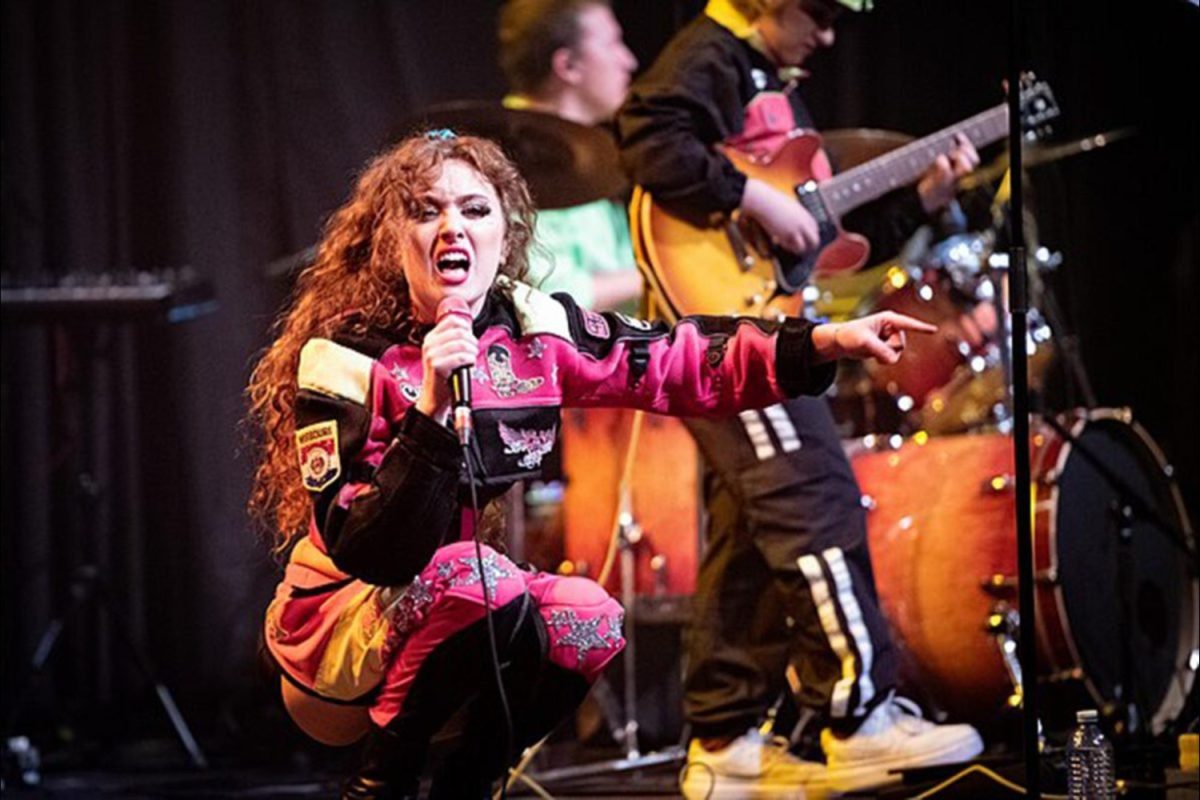With the rise of the internet and social media, it has become increasingly easy to follow the daily lives of our favorite celebrities. However, this easy access to information often makes people become too obsessed with these public figures and become invested in their lives to an unhealthy degree.
This obsession can lead to parasocial relationships, a one-sided connection a person develops with celebrities they don’t know personally. According to the American Psychological Association, they may feel a strong connection with the celebrity despite the celebrity not knowing they exist.
These false connections are damaging for the individual experiencing them and the celebrity involved.
A prime example of this phenomenon is the rise of pop star Chappell Roan; after her hit single “Good Luck Babe!” went viral in April of 2024, Roan went from opening for artists like Olivia Rodrigo in 2022 to headlining big music festivals like Lollapalooza in Chicago and Outside Lands in San Francisco. According to Spotify, her music has 2.7 billion streams, with 46 million monthly listeners.
However, with this seemingly overnight rise to fame, Roan has experienced many negative effects, explaining that she’s uncomfortable and has been stalked or harassed by several fans. Roan emphasized in an Instagram post in Aug. 2024 that she had the right to release music without this fear of harassment by fans or worry about them following her family and friends.
While some argue that this is the price of fame and a natural consequence of being in the spotlight, it doesn’t have to be. Celebrities are just people and should be treated with the same respect and privacy as everyone else. Despite sharing large parts of their lives and work, they still deal with issues behind closed doors that deserve to remain private.
In addition, this unhealthy obsession and idolization of celebrities can lead to mental health issues for people as well, according to a study by psychology researcher Mara Aruguete. People tend to compare themselves to celebrities online regarding their appearance, and many wish they could change certain aspects of their appearance.
With these celebrity obsessions, this comparison can often become worse and, in extreme cases, can lead to severe mental health conditions like eating disorders or depression, according to a study from the National Library of Medicine. Even in less extreme cases, this is still an unhealthy comparison.
Moving forward, a healthier culture needs to be developed around supporting artists while respecting their privacy and protecting one’s mental health.












